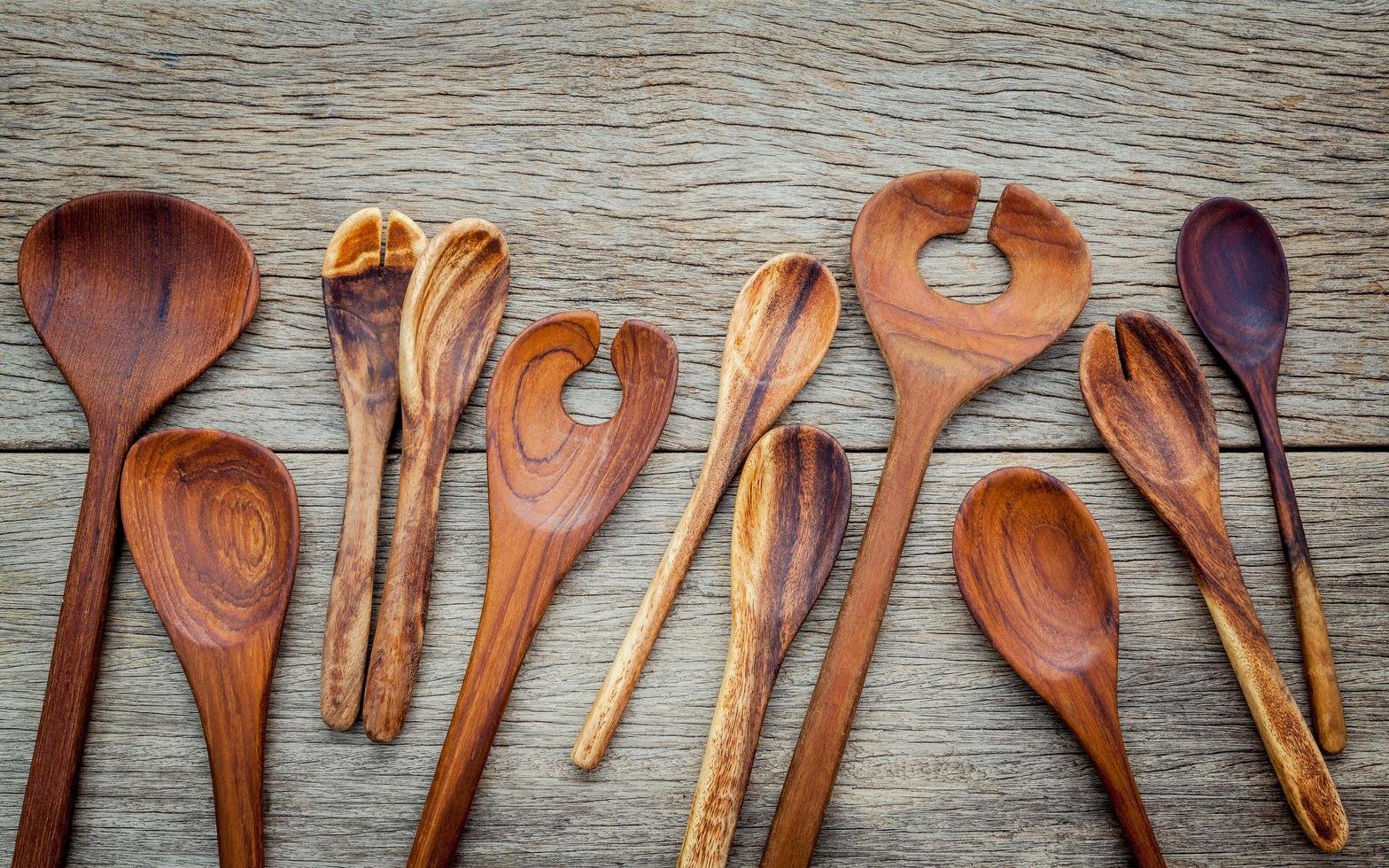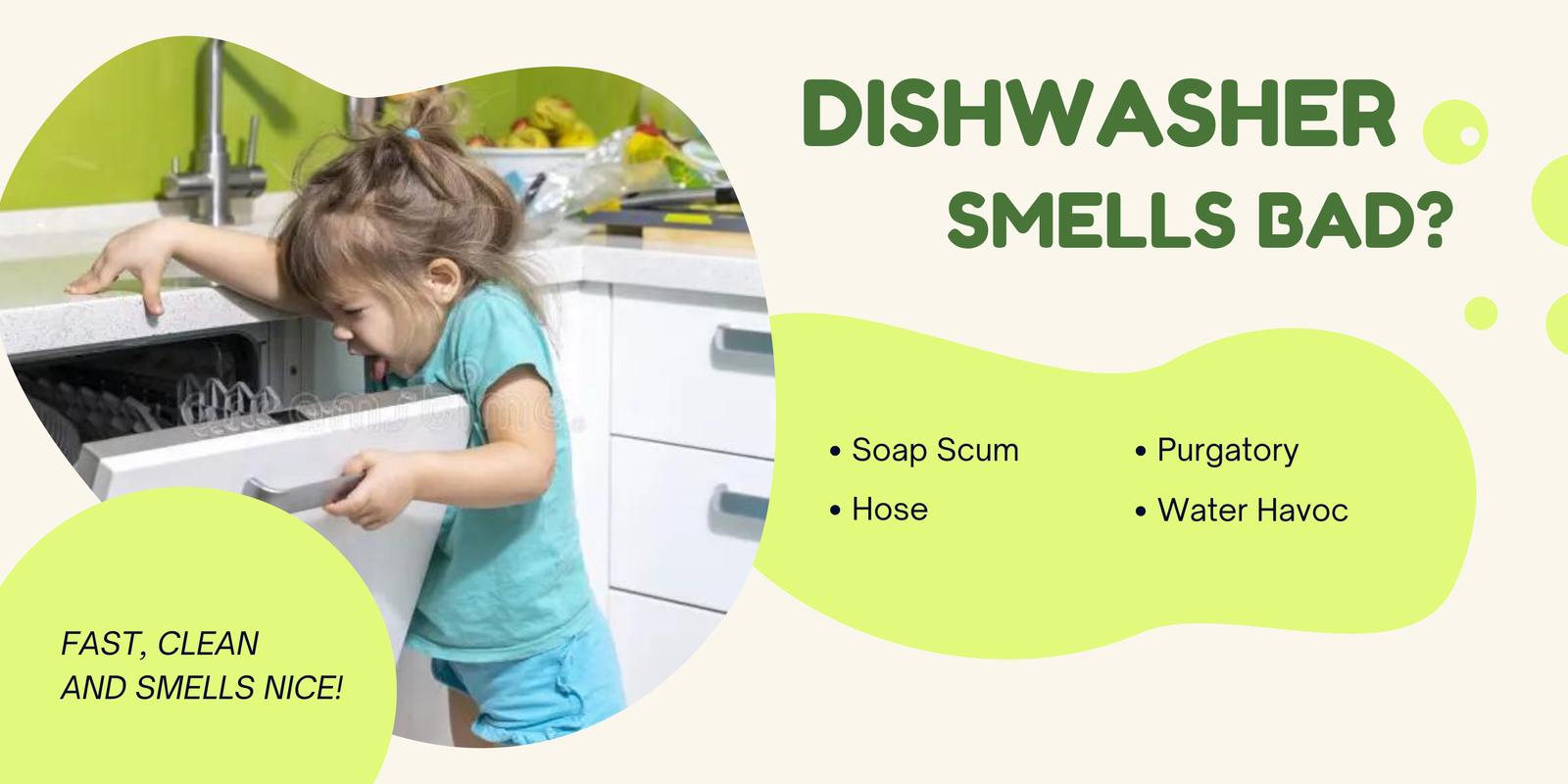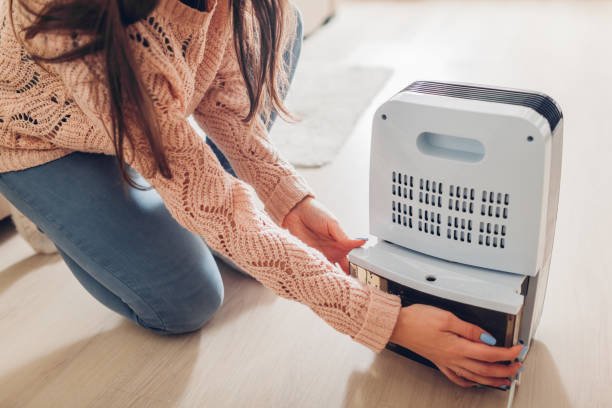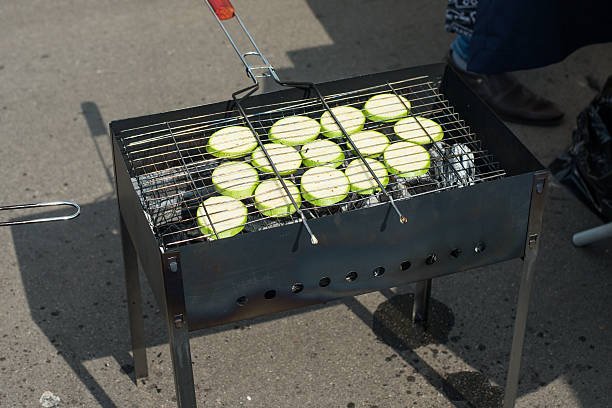
Wooden spoons are a staple in many kitchens, valued for their durability, versatility, and natural aesthetic. However, when it comes to cleaning them, opinions vary on the best practices. One common suggestion is boiling wooden spoons to ensure thorough cleanliness. In this blog post, we’ll delve into the pros and cons of boiling wooden spoons, examining whether this method is a wise choice for maintaining these beloved kitchen tools.
Pros of Boiling Wooden Spoons:
1. Effective Sterilization:
- Boiling is a time-tested method for sterilizing utensils, killing bacteria, and eliminating potential pathogens. This is particularly beneficial for wooden spoons that may come into contact with raw meats or other bacteria-prone ingredients.
*2. Odor Removal:
- Boiling can help remove lingering odors from wooden spoons, especially if they’ve been used for pungent ingredients like garlic or onions. The hot water can help neutralize and wash away odorous compounds.
*3. Natural Cleaning Method:
- Boiling is a chemical-free and natural way to clean wooden spoons. It avoids the use of harsh detergents or cleaning agents, making it an eco-friendly option.
Cons of Boiling Wooden Spoons:
*1. Potential Damage to Wood:
- Boiling wooden spoons may lead to damage over time. Wood is porous, and exposure to boiling water can cause it to expand and contract, leading to cracks or warping. This compromises the structural integrity of the spoon.
*2. Loss of Natural Oils:
- Wood has natural oils that contribute to its durability and longevity. Boiling may strip these oils away, leaving the wood dry and more susceptible to cracking or splintering. Loss of natural oils can also affect the appearance of the wood.
*3. Not Suitable for All Types of Wood:
- Boiling is not universally suitable for all types of wood. Some varieties may withstand boiling better than others. For example, hardwoods like maple or cherry may fare better than softer woods like pine.
Alternative Cleaning Methods:
*1. Hand Washing with Mild Soap:
- Hand washing wooden spoons with mild dish soap and warm water is a gentler alternative to boiling. This method allows you to clean the spoons thoroughly without subjecting them to the harsh conditions of boiling water.
*2. Vinegar Soak:
- Soaking wooden spoons in a solution of vinegar and water can help sanitize them. Vinegar has natural antibacterial properties and is less harsh on wood than boiling water.
*3. Baking Soda Paste:
- Create a paste using baking soda and water and gently scrub the wooden spoons. Baking soda acts as a mild abrasive, helping to lift stains and eliminate odors without compromising the wood’s integrity.
Best Practices for Cleaning Wooden Spoons:
*1. Avoid Prolonged Soaking:
- Whether boiling or using alternative methods, avoid prolonged soaking of wooden spoons. Excessive exposure to water can lead to swelling and other forms of damage.
*2. Dry Immediately:
- After cleaning, dry the wooden spoons immediately with a clean, dry cloth. This prevents water from being absorbed into the wood and minimizes the risk of warping or cracking.
*3. Periodic Oil Treatment:
- To maintain the natural oils in wooden spoons, consider periodically treating them with food-safe mineral oil or beeswax. This helps preserve the wood and enhances its longevity.
Conclusion
While boiling wooden spoons may be effective for sterilization, it comes with potential risks, such as damage to the wood and loss of natural oils. Considering the cons, alternative cleaning methods like hand washing, vinegar soaks, or baking soda pastes offer gentler options that maintain the integrity of the wooden spoons. The key is to strike a balance between cleanliness and preservation. Ultimately, the choice between boiling and alternative methods depends on the type of wood, the degree of cleaning needed, and personal preferences. By understanding the pros and cons, you can make an informed decision on how best to clean and care for your cherished wooden spoons in the kitchen.




